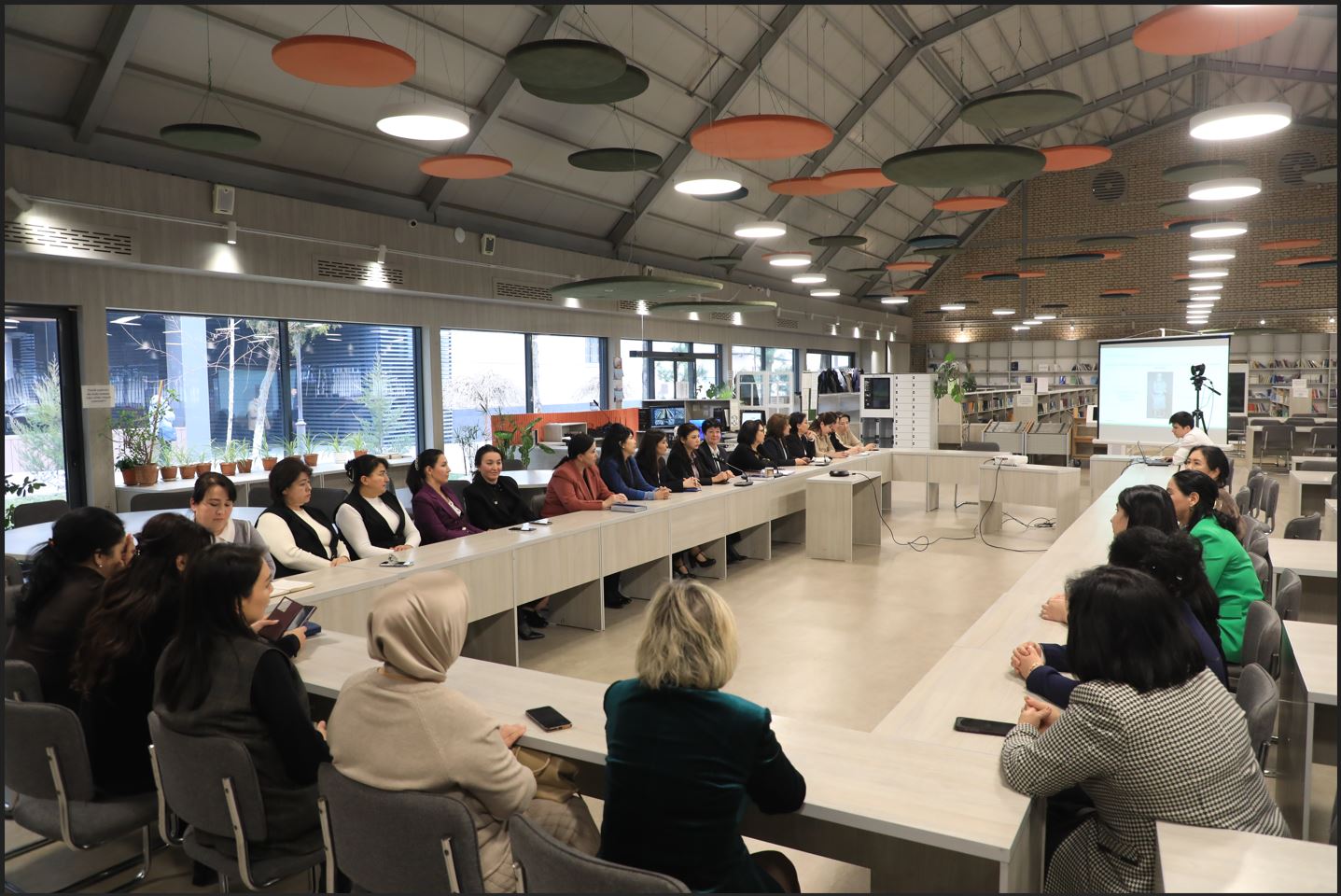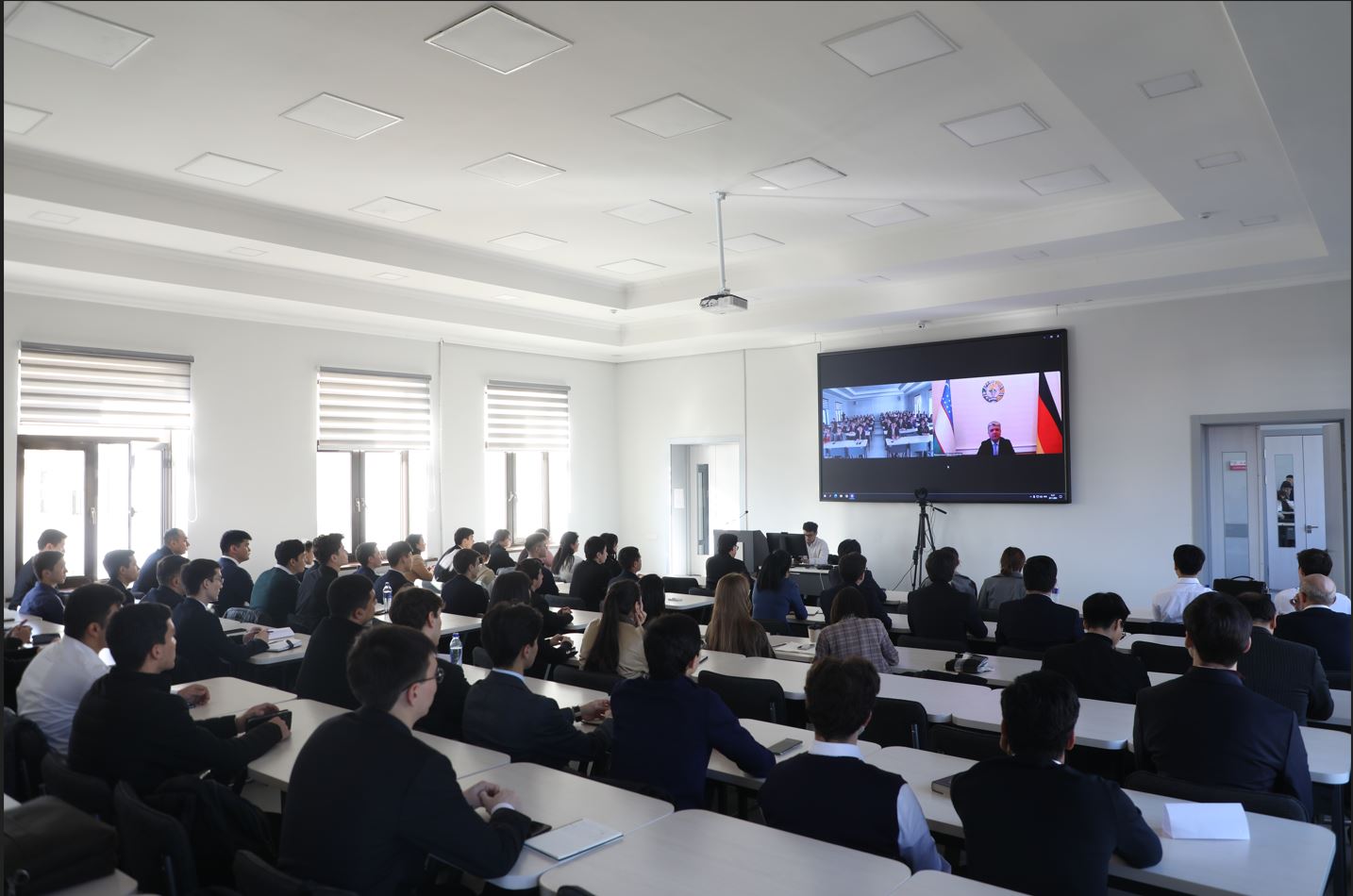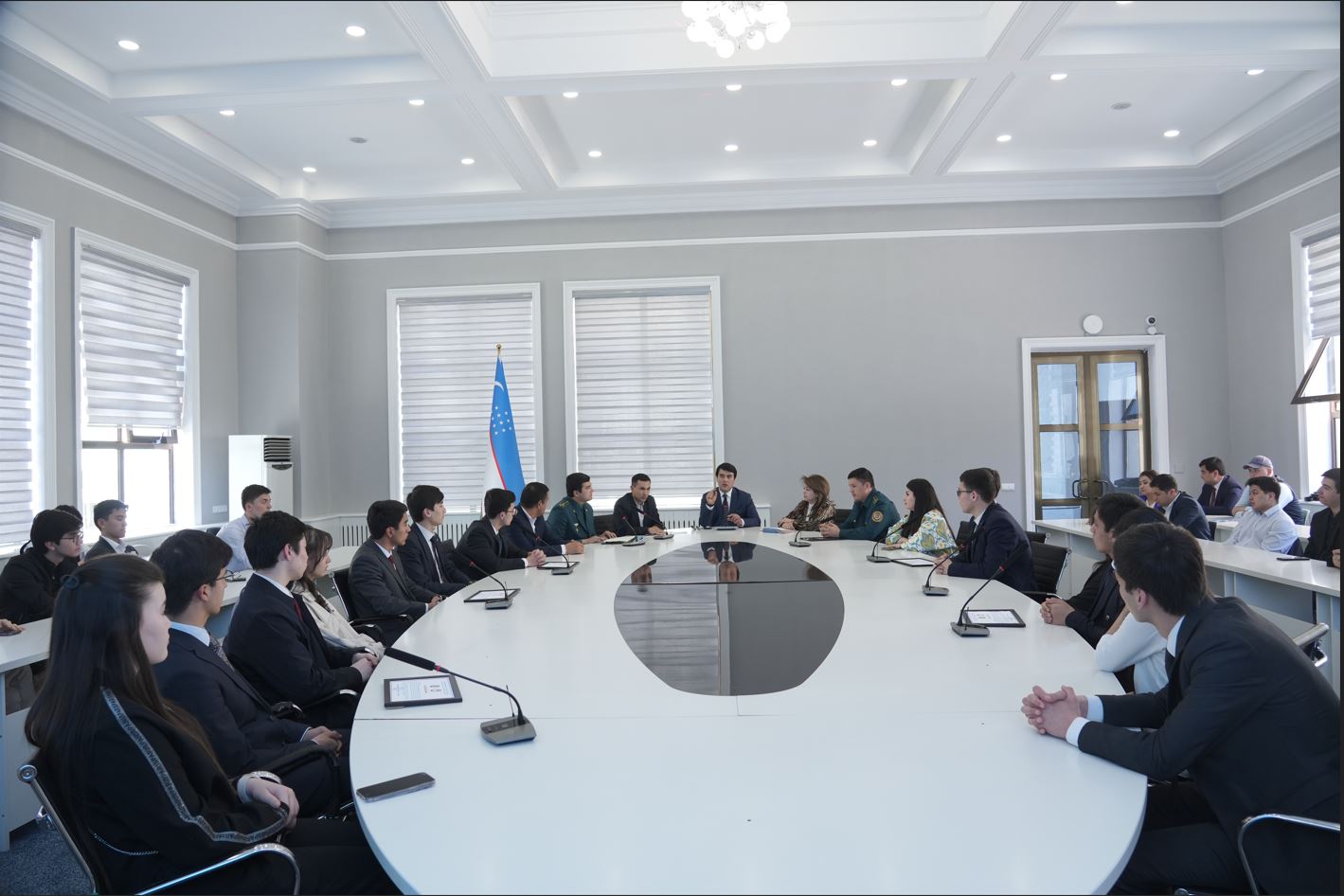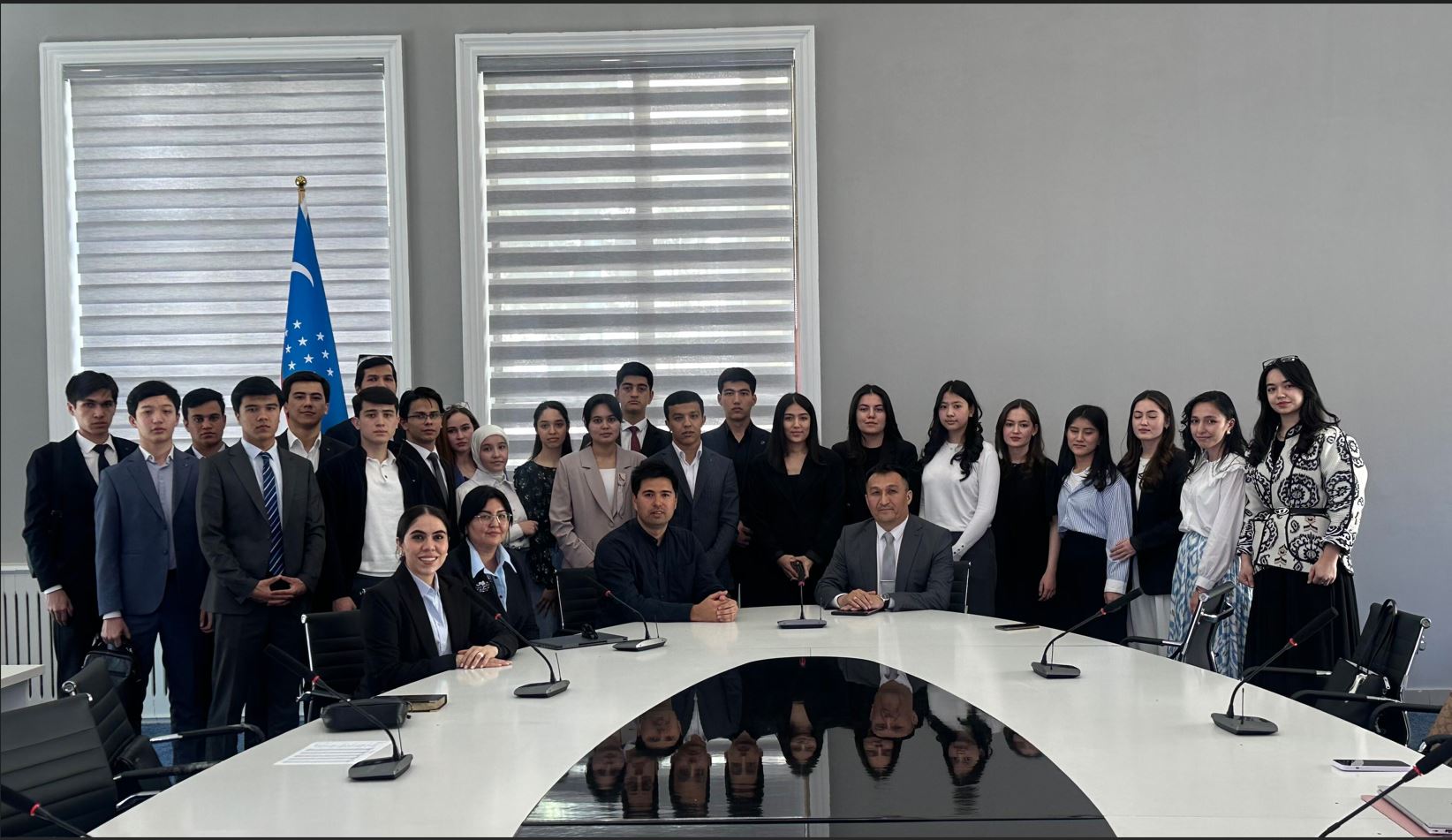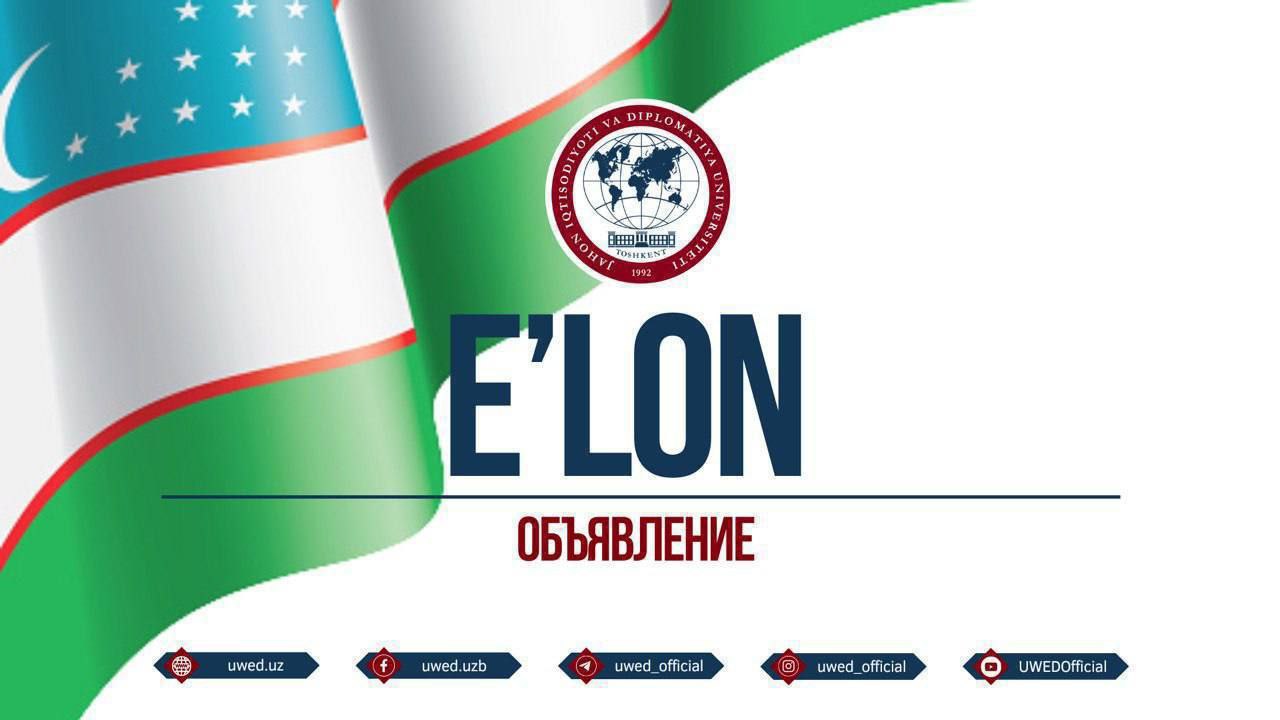
UWED Discusses Challenges of Global Economic Transformation for Central Asia
UWED Discusses Challenges of Global Economic Transformation for Central Asia
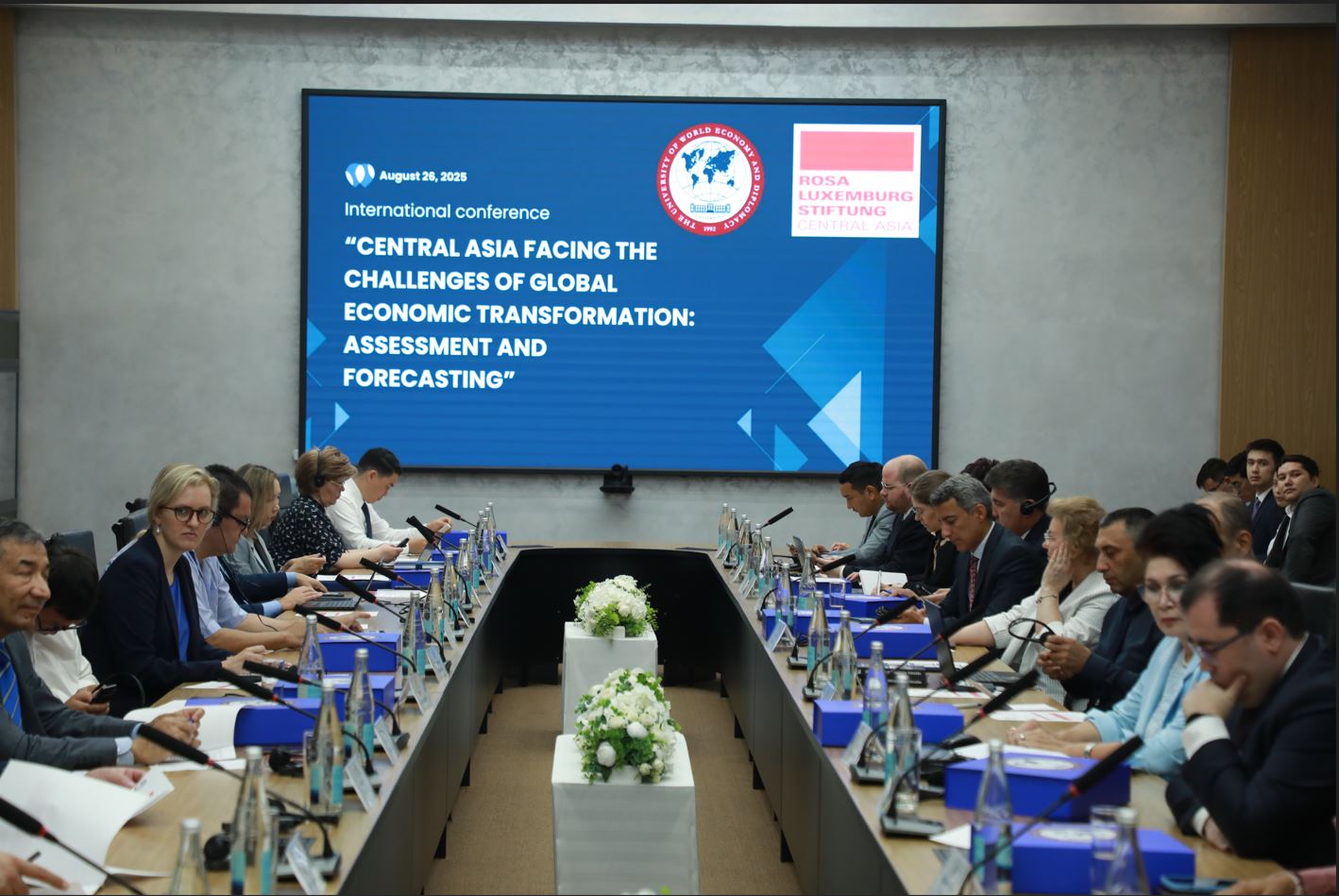
On August 26 of this year, the University of World Economy and Diplomacy hosted an international conference on the topical topic: "Central Asia in the Face of the Challenges of Global Economic Transformation: Assessments and Forecasts".
The event was organized by UWED together with the Representative Office of the Rosa Luxemburg Foundation in Central Asia, which emphasizes the importance of international dialogue in finding answers to modern challenges.
The conference was opened by the welcoming words of the First Deputy Chairman of the Senate of the Oliy Majlis, the Rector of the UWED Sodyq Safoev and Professor Heinz Birbaum, Chairman of the Executive Board of the Rosa Luxemburg Foundation. In their speeches, they noted the strategic importance of the Central Asian region in the new architecture of the world economy and the need to jointly develop science-based approaches to its sustainable development.
The conference was divided into three substantive sessions, each of which covered the key aspects of the stated topic.
The first session was devoted to assessing the current global transformation processes and identifying long-term trends. Discussions focused on geopolitical shifts, changes in global trade and supply chains, and the implications of the development of relations between major economic powers for Central Asia. Particular attention was paid to the interaction between the European and Asian economies and how these dynamics will affect regional integration, sustainability and growth opportunities.
The next panel considered the prospects of Central Asia, taking into account new global challenges. During the discussion, the issues of modernization of monetary policy, the potential of critical minerals and green energy, as well as the prospects for attracting foreign investment in regional value chains were touched upon. Experts stressed that in order to ensure sustainable development, it is necessary to find a balance between economic openness and sustainability strategies in the face of uncertainty in the global economy.
The final session examined how global economic transformations affect the security and stability of Central Asia. Discussions addressed the region's vulnerability to external shocks, the risks associated with deglobalization, and the social consequences of global economic turbulence. Emphasis was placed on the need for coordinated regional measures to maintain stability and ensure sustainability in the context of non-linear dynamics of the world economy.
The conference was attended by leading domestic and foreign experts, economists, political scientists, diplomats and representatives of government agencies. The event provided a unique platform for open professional dialogue, exchange of views and development of practical recommendations.
An important result of the project will be the publication of a collective monograph. It will include the texts of speeches and theses of experts voiced during the conference, as well as the best articles of researchers, bachelors and undergraduates, selected according to the results of the competition. This will preserve and widely disseminate the valuable ideas and analytics offered during the event.
